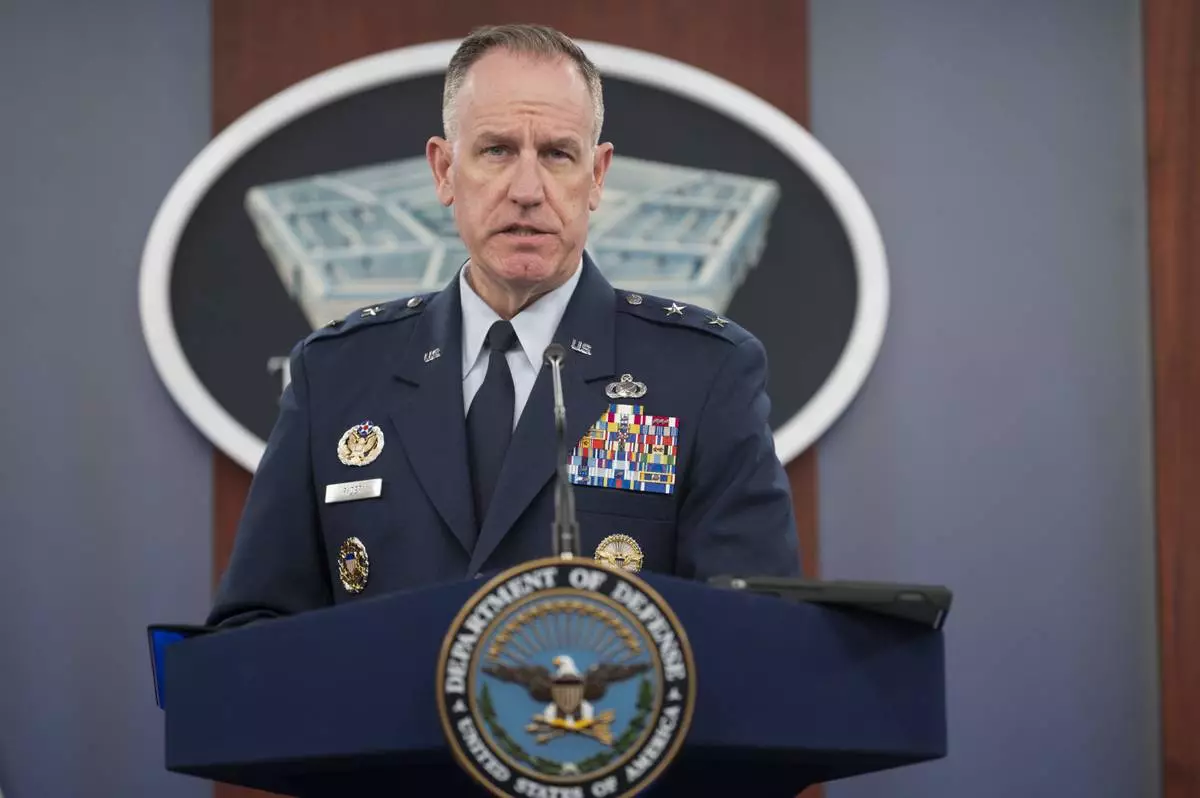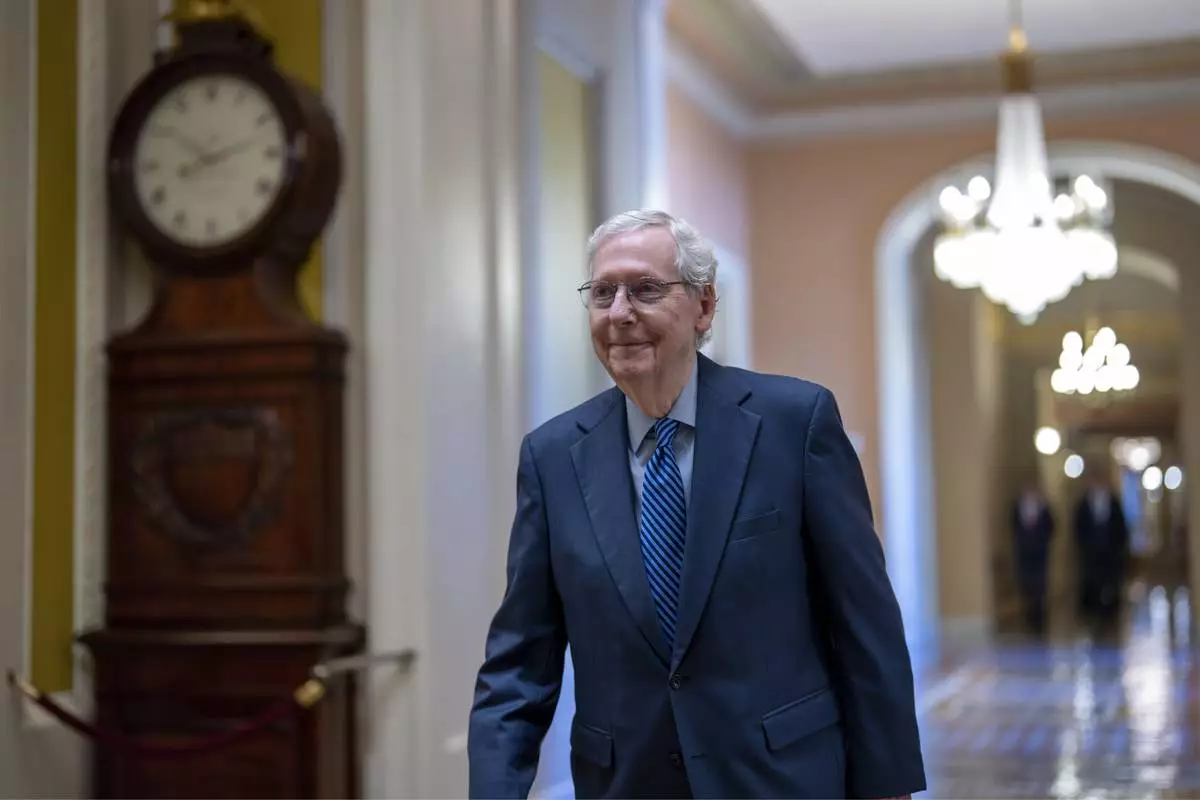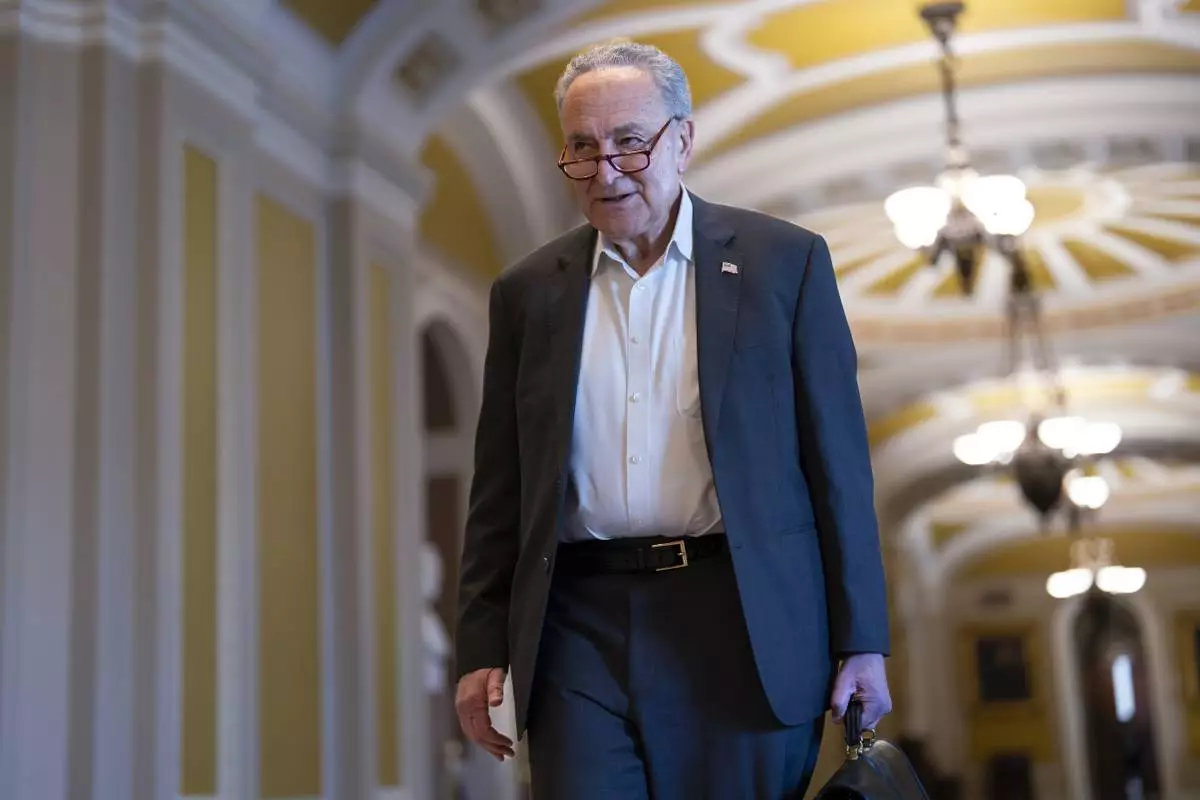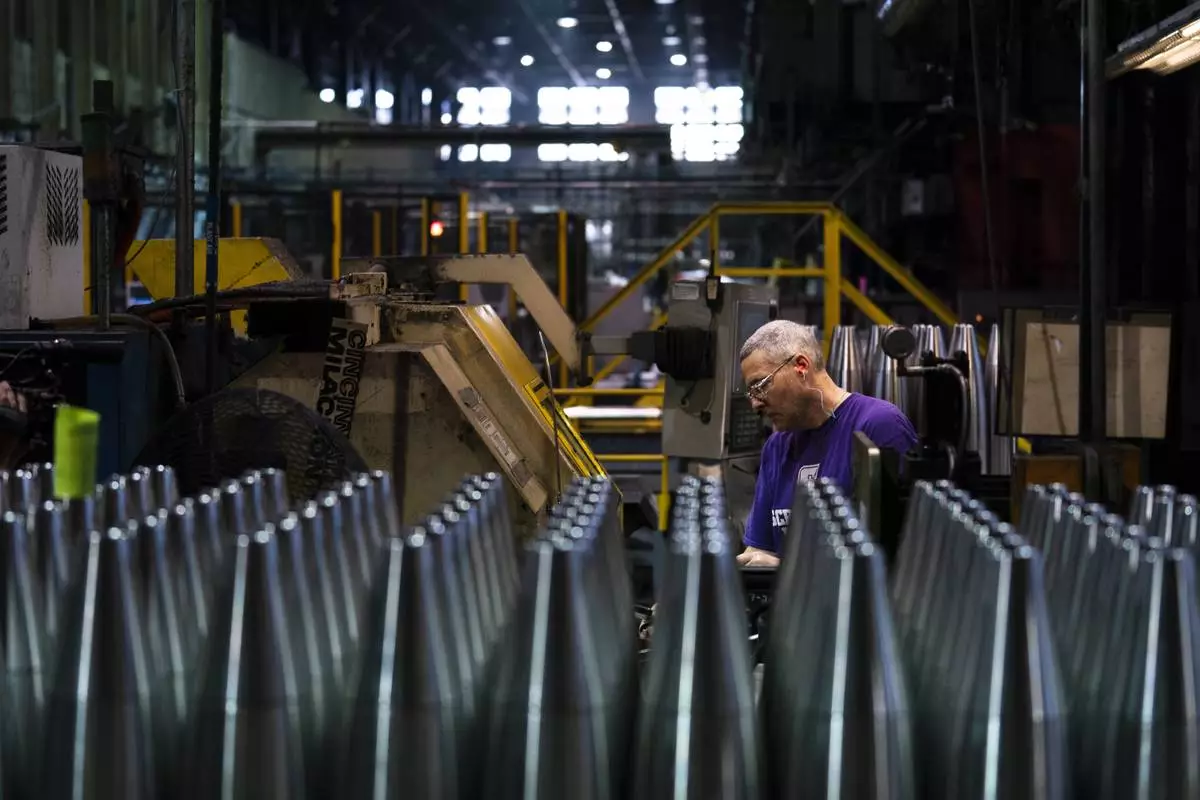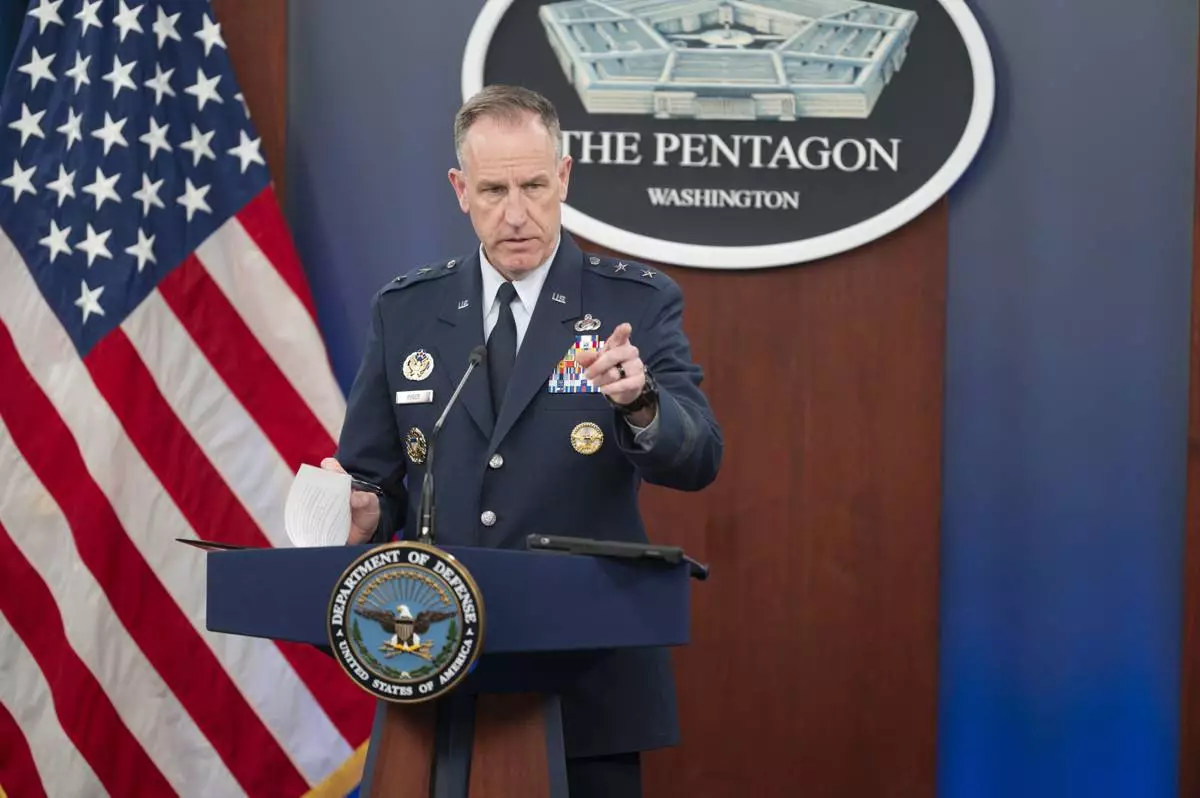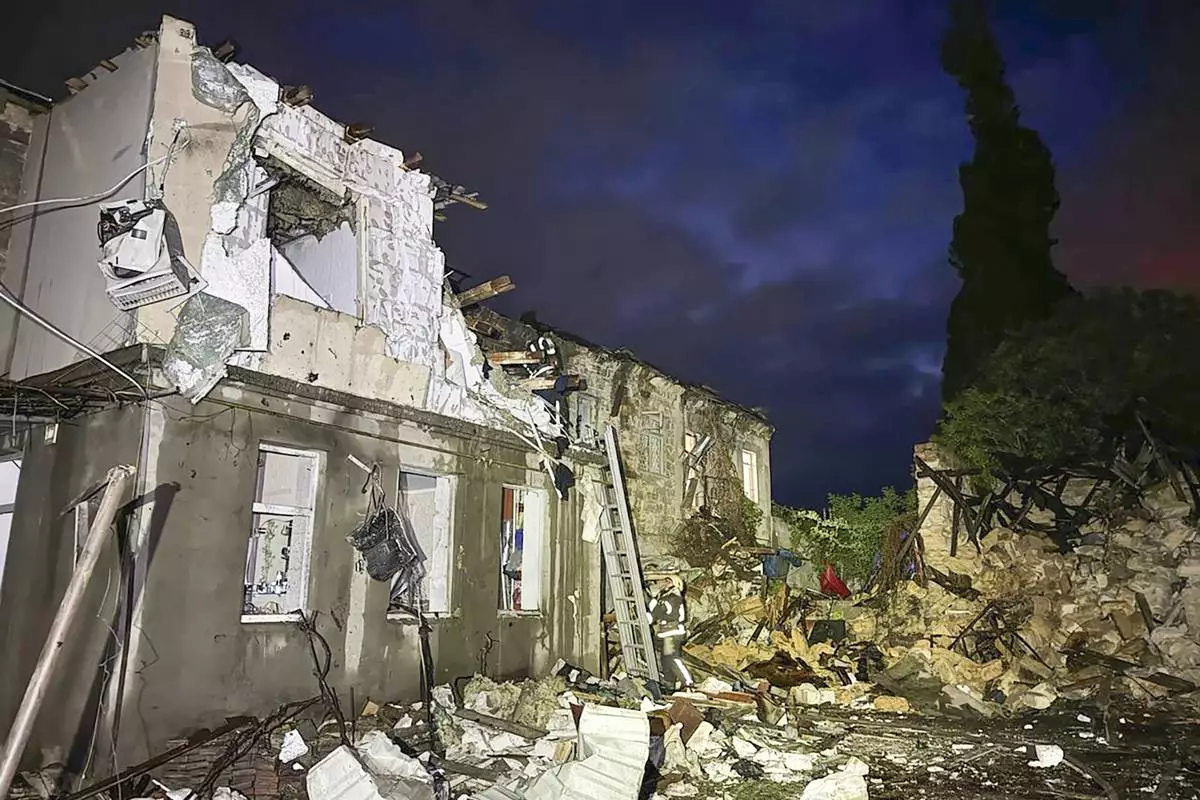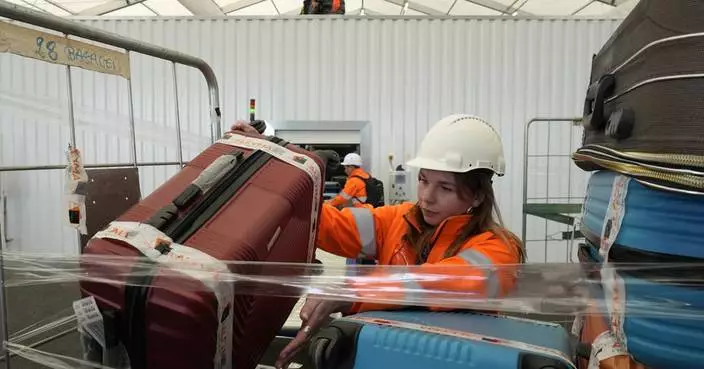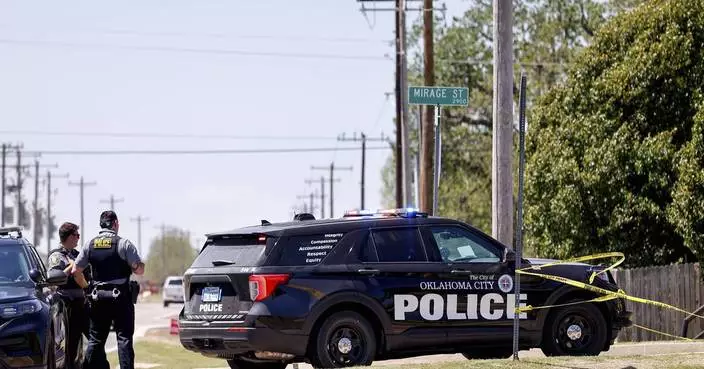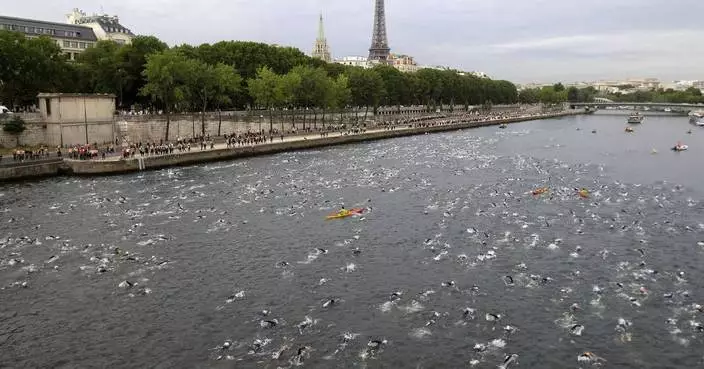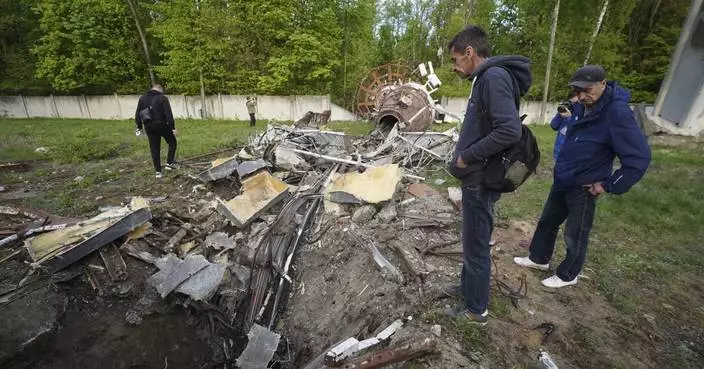As four more Russians were disqualified Friday for doping at the Sochi Olympics, IOC President Thomas Bach signaled a possible shift toward barring the country's athletes from the Pyeongchang Games.
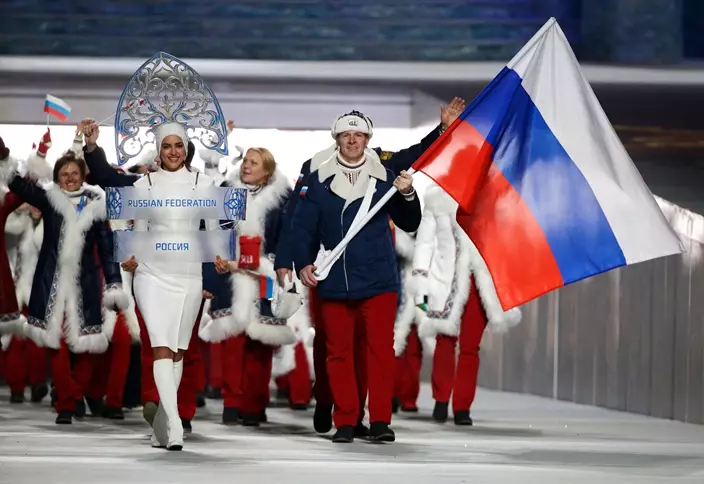
FILE - In this Feb. 7, 2014 file photo Alexander Zubkov of Russia carries the national flag as he leads the team during the opening ceremony of the 2014 Winter Olympics in Sochi, Russia. Four more Russians were disqualified for doping at the Sochi Olympics shortly after IOC President Thomas Bach told critics not to put pressure on his executive board before a key decision next month on the country's participation at the Pyeongchang Games. Two-time bobsled gold medalist Alexander Zubkov was removed from the 2014 records by the IOC for links to a widespread doping program. (AP Photo/Mark Humphrey, file)
Two-time bobsled gold medalist Alexander Zubkov, who carried the Russian flag at the opening ceremony in Sochi, was removed from the 2014 records in the latest round of verdicts from an International Olympic Committee panel prosecuting individuals caught in a program to cover up doping and tamper with tainted samples.
Now the president of the Russian bobsled federation, Zubkov was disqualified and banned for life from the Olympics along with speedskater Olga Fatkulina, who won silver in the 500 meters.
"I'm not going anywhere," Zubkov told The Associated Press, saying he plans to appeal to the Court of Arbitration for Sport and has no intention of stepping down.
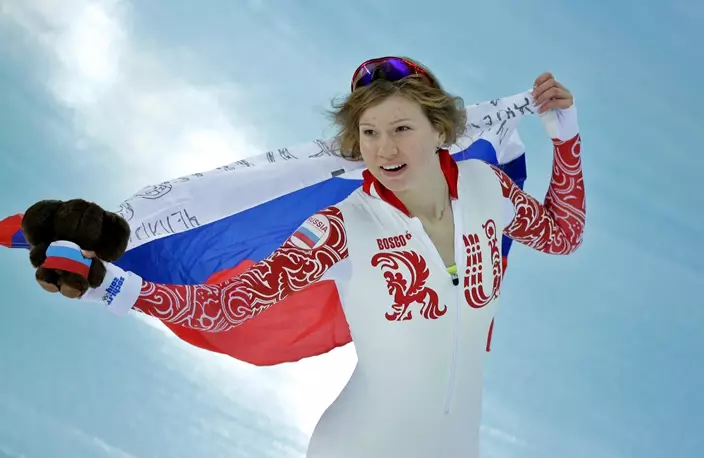
FILE - In this Tuesday, Feb. 11, 2014 file photo, silver medallist Russia's Olga Fatkulina holds her national flag and celebrates after the women's 500-meter speedskating at the Adler Arena Skating Center during the 2014 Winter Olympics, in Sochi, Russia. Four more Russians were disqualified for doping at the Sochi Olympics shortly after IOC President Thomas Bach told critics not to put pressure on his executive board before a key decision next month on the country's participation at the Pyeongchang Games. (AP Photo/David J. Phillip, File)
"I was working toward those medals for years. All my achievements, all my victories have always been and remain clean," Zubkov said in a telephone interview. "Sport has turned into politics."
Russia originally topped the medals table in Sochi, but the latest cases drop it to nine gold medals, fewer than Norway and Canada. In total medals, Russia now has 24, behind the United States, Norway and Canada.
A total of 14 Russians have now been disqualified this month, with nine medals lost.
Zubkov said the ruling was the work of "a commission which makes decisions without any basis or proof."
"The leaders were sitting there and falling asleep behind their desks when the facts and evidence from my side were being read out. They weren't interested," Zubkov said. "These acts and decisions were drawn up beforehand, and it's very plain to see."
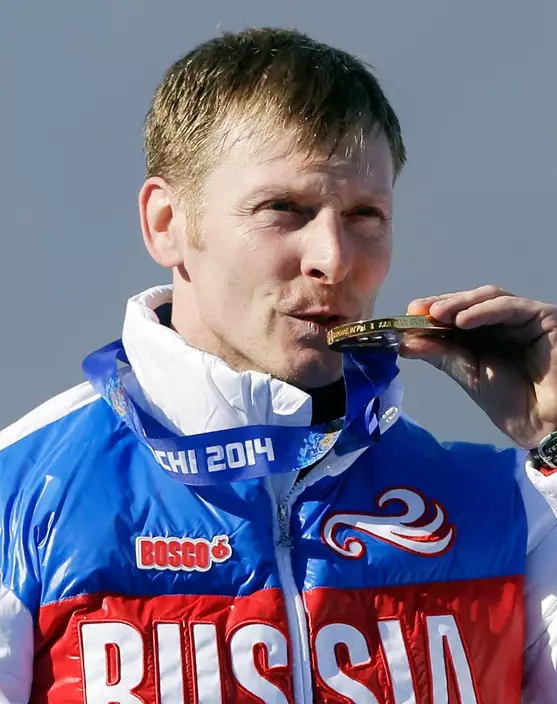
FILE - In this Feb. 23, 2014 file photo the driver of Russia's RUS-1, Alexander Zubkov kisses the medal after they won the gold medal during the men's four-man bobsled competition final at the 2014 Winter Olympics in Krasnaya Polyana, Russia. The IOC has disqualified two-time Sochi Olympic bobsled champion Zubkov and three other Russians for their part in a state-backed doping program. (AP Photo/Natacha Pisarenko, file)
Hours earlier, Bach — highlighting that Olympic medalists were involved in attacking the integrity of the games — told critics not to put pressure on his executive board before a key decision next month on the country's participation at the upcoming Pyeongchang Games.
Bach will chair an IOC board meeting on Dec. 5 which could ban Russia's team from Pyeongchang because of state-sponsored doping at the Sochi Games.
Long seen as Russia's ally, Bach seemed to confirm that position this month when he criticized "unacceptable" demands for a total ban while two Olympic panels investigate an alleged doping conspiracy.
However, in a speech on Friday, Bach cautioned against those "from whichever side" who seek to influence the IOC.
"Some may try to build pressure. They will be wrong," the IOC leader told European Olympic officials meeting in Zagreb, Croatia.
Russian officials have this month threatened not to televise the Pyeongchang Games, and block the release of players from clubs in the Moscow-based Kontinental Hockey League. The KHL warning came from league president Dmitry Chernyshenko, who previously headed the Sochi organizing committee.
The IOC is facing the same politicized decision over Russia as it did before the Rio de Janeiro Olympics.
In July 2016, Bach's board did not impose a blanket ban on Russia after investigator Richard McLaren published his first report into the Sochi program less than three weeks before the opening ceremony. Instead, the IOC let individual sports governing bodies lead the decision-making.
Bach was seen then as prioritizing Russian athletes' rights to compete in what proved a chaotic period of urgent legal cases based on McLaren's interim report. The full investigation report published last December went even deeper into the Russian doping program, and beyond winter sports.
The "important difference" this time, Bach said Friday, was that accused Russian athletes have had due legal process and a fair hearing from the IOC.
"Now it is about what happened at the Olympic Winter Games Sochi 2014. Now it is about us," Bach told leaders of European national Olympic bodies. "Now it is about the integrity of the Olympic Games. Now it is about what happened at Olympic Games in a laboratory of the Olympic Games. What happened with Olympic athletes. What happened with Olympic medalists.
"This is what we have to bear in mind when I say that we will take a fair decision."
Bobsled athletes who could be upgraded by the IOC include United States driver Steven Holcomb, who placed third in the two-man and four-man events but died unexpectedly in his sleep six months ago. Swiss and Latvian crews are in line for gold medals.
Also disqualified and expelled from the Olympics on Friday were women's bobsledder Olga Stulneva and men's speedskater Alexander Rumyantsev. They did not win medals.
The Russian Skating Federation said it would appeal the bans at the Court of Arbitration for Sport.
Russian authorities, including President Vladimir Putin, deny they knew of a widespread doping program. Instead, they blame former laboratory director Grigory Rodchenkov.
Rodchenkov fled to the United States, where he is in a witness protection program, and made allegations as a whistleblower in May 2016 which McLaren later supported with evidence.
Politics and sports are often linked in Russia, and athletes from Zubkov's sleds have gone on to high-level positions.
His brakeman, Alexei Voevoda, is now a member of the Russian parliament, while pusher Dmitry Trunenkov runs a youth program for the Russian military. Trunenkov was banned from all sports activities last year in a separate doping case brought by Russian authorities.



